ACELT1600
Discuss the nature and effects of some language devices used to enhance meaning and shape the reader's reaction, including rhythm and onomatopoeia in poetry and prose
Elaborations
- identifying the effect of imagery in texts, for example the use of imagery related to nature in haiku poems (Skills: Literacy, Critical and Creative Thinking)
- exploring how rhythm, onomatopoeia and alliteration give momentum to poetry and prose read aloud, and enhance enjoyment (Skills: Literacy, Critical and Creative Thinking)
- Plus Plan
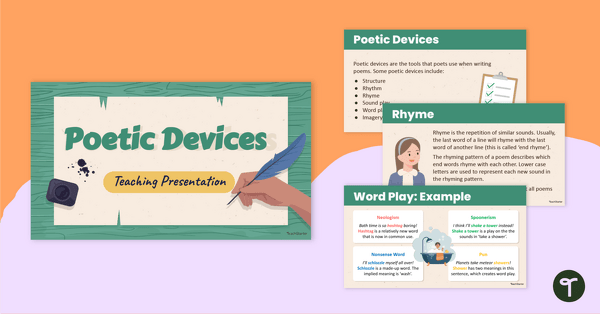
Poetic Devices Teaching Slides
Explore examples of poetic devices using this comprehensive and age-appropriate slide deck perfect for your poetry writing unit.
- Plus Plan
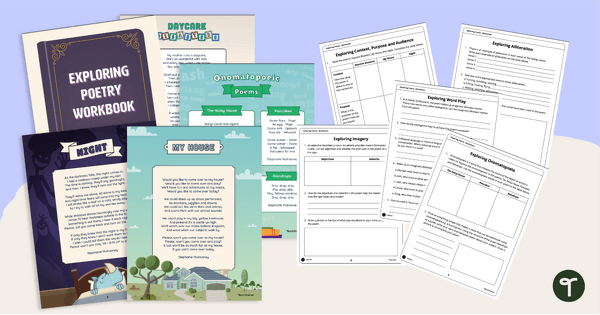
Exploring Poetry Workbook
Teach your students about all things poetry with this jam-packed poetry workbook created especially for primary school students.
- Plus Plan
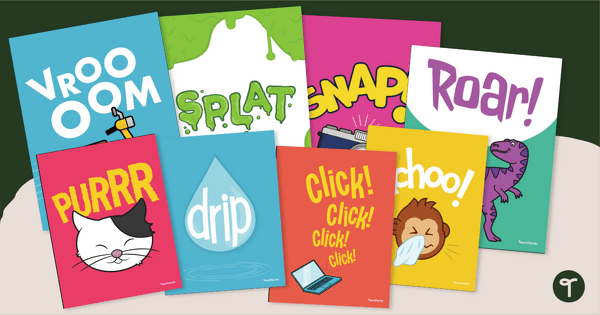
Figurative Language Posters – Onomatopoeia
Help young readers and writers recognise onomatopoeias with a set of onomatopoeia classroom posters.
- Plus Plan
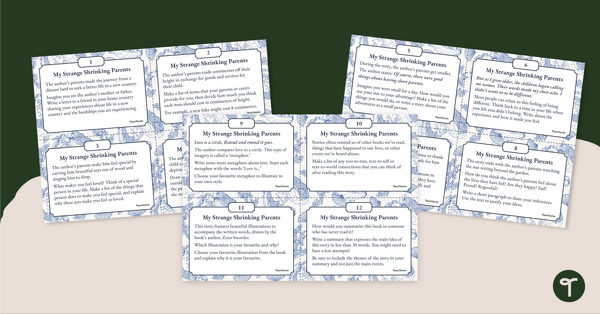
My Strange Shrinking Parents – Literature Task Cards
Deep dive into the characters and themes of Zeno Sworder’s highly acclaimed book, My Strange Shrinking Parents, with this set of 12 literature task cards.
- Plus Plan
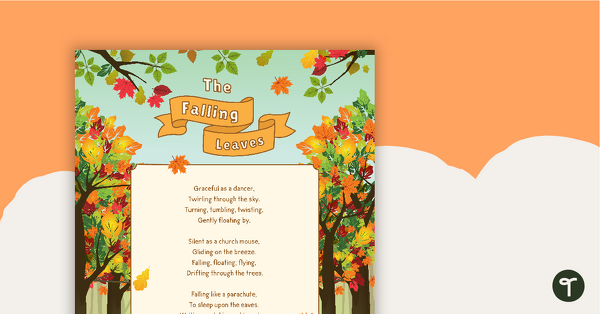
Exploring Poetry Worksheet - Alliteration
A worksheet to help students understand alliteration in poetry.
- Plus Plan
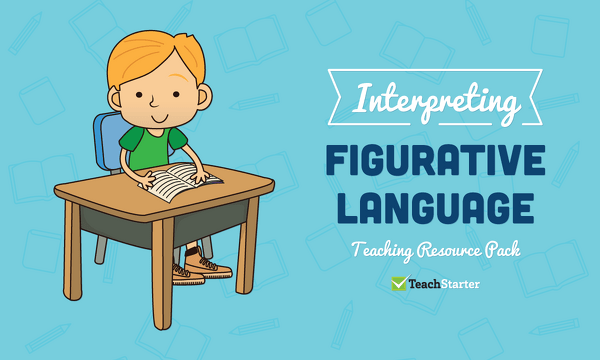
Comprehension Strategy Teaching Resource Pack - Interpreting Figurative Language
A comprehensive resource pack helping students explore the concept of figurative language.
- Plus Plan
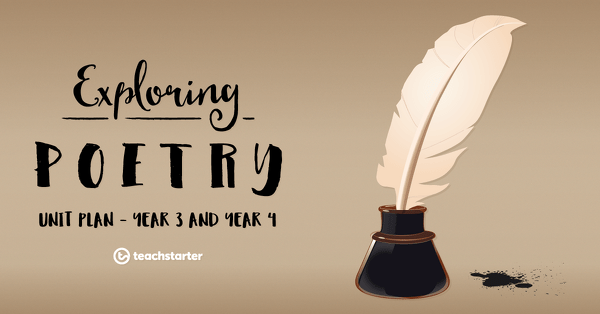
Sound Play in Poetry - Onomatopoeia
A 60 minute lesson in which students will identify and explore onomatopoeia in poetry.
- Plus Plan
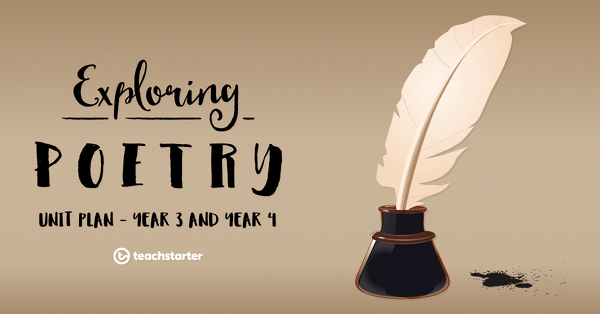
Sound Play in Poetry - Alliteration
A 60 minute lesson in which students will identify and explore alliteration in poetry.
- Plus Plan
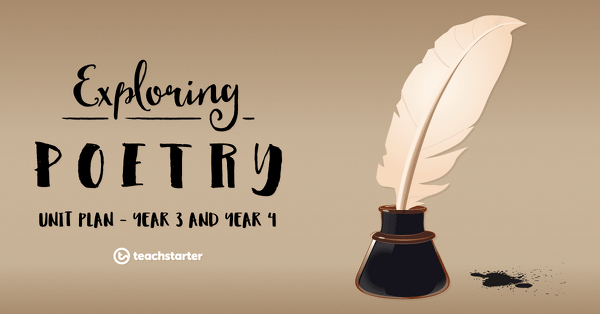
Exploring Poetic Devices
A 60 minute lesson in which students will explore the common literary devices found in poetry.
- Plus Plan
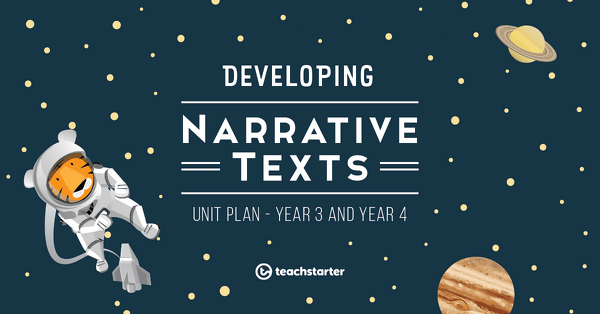
Developing Narrative Writing Skills Unit Plan - Year 3 and Year 4
This English unit addresses the narrative text type, specifically how to plan and write an engaging story.
- Plus Plan
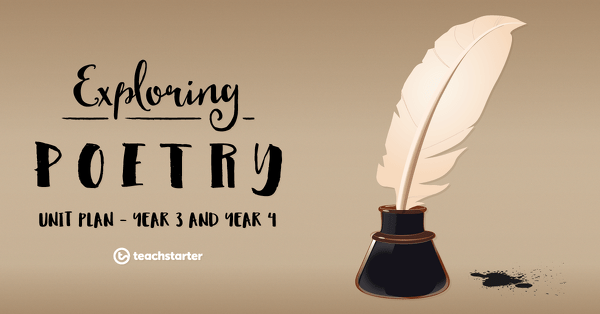
Exploring Poetry - Year 3 and Year 4 Unit Plan
This English unit addresses common poetic devices such as sound play, word play and imagery and explores how these may be applied to narrative poetry.
- Plus Plan
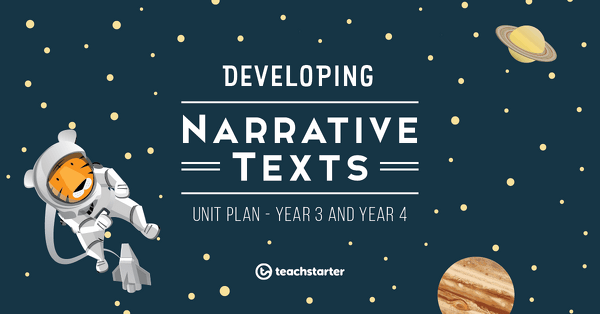
Parts of a Narrative Story
A 60 minute lesson in which students will identify and explore the parts of a narrative story.
- Plus Plan
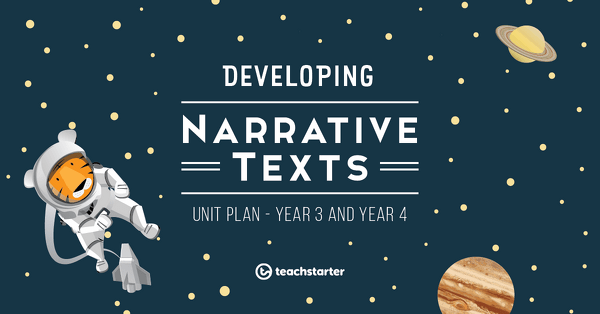
Narrative Texts - Language Features
A 60 minute lesson in which students will identify and explore the language features of narrative texts.
- Plus Plan
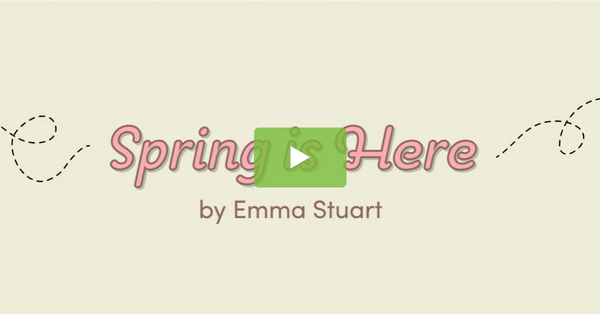
Spring Is Here – Animated Poem Video
Use this spring poem with your students to welcome in the season of springtime.